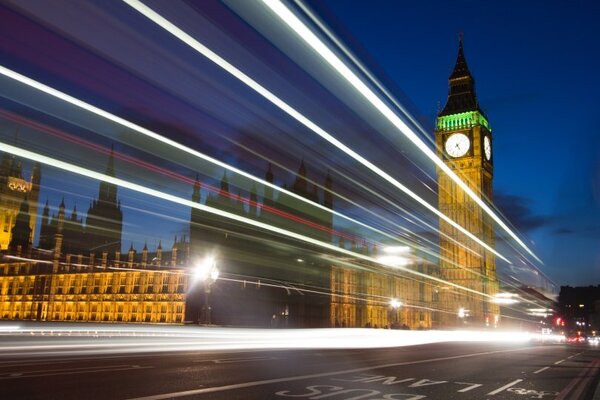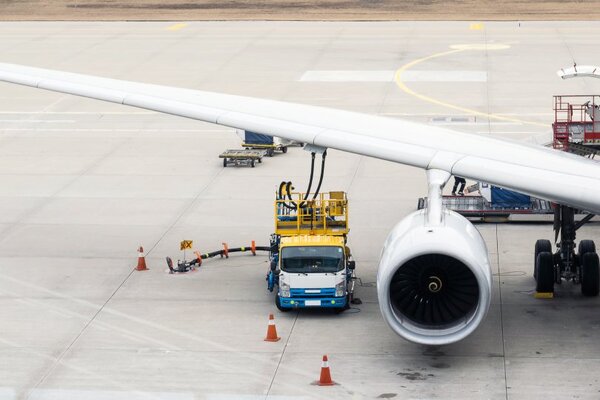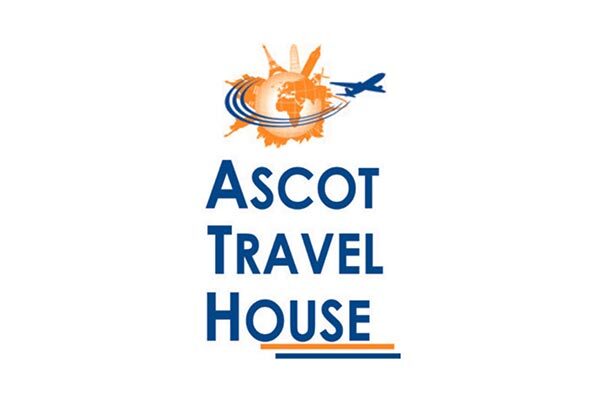PTR: Countdown to compliance
 Rob Gill
Rob GillThe government has finally published the Package Travel Regulations – just 10 weeks before they are due to be enforced. Rob Gill and James Chapple explore what’s been included.
After a seemingly endless delay, the government has finally published the new Package Travel Regulations (PTR) – leaving just over two months until they come into force on July 1.
The Department for Business, Energy and Industrial Strategy (BEIS) eventually published new draft regulations last week – nearly four months after the European Union’s deadline (January 1, 2018) for the requirements of the Package Travel Directive (PTD) to be passed into UK law.
This means that the industry is now locked into a race against time to ensure they will comply with the new rules – the first since 1992. But there has been criticism from some in the industry about the lack of guidance notes issued so far.
“No surprises”
Abta says the new regulations are “pretty much as expected”, although the association is seeking clarification from the government on some aspects of the wording in the draft text.
“The conversations we’ve had in recent months – and years – about what is changing and how to prepare are all still relevant,” said Mark Tanzer, Abta’s chief executive.
While there may be no dramatic last-minute surprises in the regulations, the industry still faces “too much work to do in too little time”, according to Alan Bowen, legal advisor to the Association of Atol Companies (AAC), who added the lack of guidance notes from BEIS was “unhelpful”.
The PTD, which was finalised in December 2015, is an attempt by the EU to create a new regime for consumer protection by redefining what constitutes a package holiday with the emergence of low-cost airlines and myriad online travel sellers.
There will be six definitions of what makes up a package sale, all of which must include the purchase of at least two travel services. One of these definitions will effectively swallow up and replace the existing Flight Plus bookings in the UK.
Linked Travel Arrangements
“The conversations we’ve had in recent months – and years – about what is changing and how to prepare are all still relevant”
Mark Tanzer, chief executive, Abta
The regulations are also creating a new category of bookings, known as Linked Travel Arrangements (LTAs), which fall short of being a package when individual travel services are selected and paid for separately.
LTAs offer much more limited financial protection to consumers – they will also not be covered by the Atol system in the UK, so financial protection must instead be provided by bonding, insurance or a trust account.
More responsibility
Travel organisers selling packages also face a higher level of responsibility to ensure the holidays they sell to consumers do not suffer from a “lack of conformity”, which according to the regulations “means a failure to perform, or the improper performance of, the travel services included in a package”. This could lead to the seller having to agree to an “appropriate price reduction” or even pay compensation to the customer.
Package sellers will also be obliged to provide support to customers “without undue delay” when something goes wrong and they are “in difficulty”.
Consumers are being given the right to cancel a package before travel without any charges if there are “unavoidable and extraordinary circumstances occurring at the place of destination or its immediate vicinity”, as long as this impacts the “performance of the package” or the “carriage of passengers” to the destination.
What to focus on
Farina Azam, partner and head of commercial at Travlaw, said: “There are some parts of the industry that will be more affected by the new legislation. Any existing package travel providers will already be compliant with many of the main provisions of the new PTR.
“Things like booking conditions, staff training and new extraordinary circumstances liabilities should be the industry’s main focuses.
“In the event of extraordinary circumstances, package providers may have to provide three nights’ accommodation of comparable standard if they can’t get customers back to their point of departure.
How this fits with the denied boarding regulation for airlines is unclear at the moment.
“Overall, there will be a far greater emphasis on agents taking responsibility for the whole package, rather than pushing back any issues with certain elements to suppliers.”
Surcharges
“Things like booking conditions, staff training and new extraordinary circumstances liabilities should be the industry’s main focuses”
Farina Azam, Travlaw
The regulations also restrict holiday surcharges to 8% of the package price; otherwise the customer can cancel the booking. If the travel organiser reserves the right to increase prices, then the traveller will also be entitled to a price reduction if there is a “decrease in relevant costs”.
Bowen said: “Currently, 10% is the norm [for surcharges] in the UK. You can be required to produce proof of the actual increase in costs and must reduce the total price if costs fall. It’s best to get your pricing right at the beginning and ignore price changes.”
No “cooling off”
One proposal that has been shelved by the government as part of the PTR is that of a 14-day “cooling off” right-to-cancel period for online and phone bookings.
“This is one of the few positive decisions that the government has made,” added Bowen. “Having a cooling-off period just wouldn’t work in the travel industry, so at least they have chosen not to go down that road.”
Package Travel Regulations - key dates
1990: EU publishes first Package Travel Directive (PTD)
1992: PTD enshrined in UK law through Package Travel Regulations (PTR)
2013: EU proposes revised directive on package holidays and assisted travel arrangements
2015: New PTD published; EU members given until January 1, 2018 to write it into national law
2016: Department for Transport launches consultation on Atol reform
2017: BEIS launches six-week consultation on consumer protection and PTR
2018 - January 1: UK misses EU publication deadline for new PTR
2018 - April : Results of consumer protection and PTR consultation published; new PTR published on April 17
2018 - July 1: Date of enforcement for PTR
Package Travel Regulations updates
Why?
The travel industry has changed significantly since the previous PTD was drawn up in 1990.
What?
PTD 2015 accounts for online bookings and the increasingly broad definition of package travel; it also introduced the concept of “linked travel arrangements”.
How?
The 1990 definition of a package was “a pre-arranged combination of services when sold or offered for sale at an inclusive price”. There are now six definitions of a package. The government says this will cover an extra 10 million holidays per year.

















